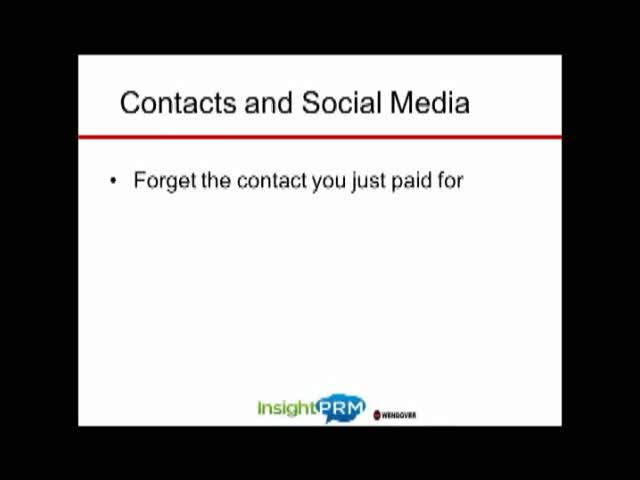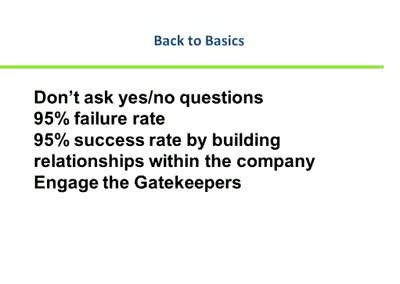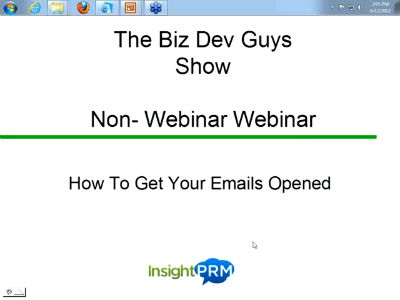The Importance of Being Expert
by Shannon F.
“I know. In fact, I am never wrong.” –Oscar Wilde
We like to remind our clients that potential customers are always most in need of a product or service when their company is in a state of flux. During a trigger event, like an office move, a merger, or even downsizing, companies reevaluate their needs and often come up wanting. This means that vendors providing B2B products or services have an opportunity to fill these unmet needs. But how will you connect with companies in a state of flux? One way is to market yourself as an expert. Companies that are changing, evolving, or relocating their facilities almost always seek information before making major decisions. They need answers, and they often welcome a consultant. That’s you.
You’re probably already an expert in your field (in case you doubted yourself). You have years or even decades of experience in telecom, equipment leasing, IT, office furniture sales, or whatever it is you do. You’ve seen what works and what doesn’t, and you’ve probably been able to help your clients avoid common mistakes.
So how do you convey your expertise to potential customers? Here are a few strategies we recommend to our own clients:
1. Offer a free evaluation. Say you work in Managed IT Services. If you offer to take a look at a prospect’s current system and give them a risk assessment or tips for a safer IT relocation, they’ll probably welcome your input. It never hurts to do someone a favor. Often, because you gave expert advice for free, the customer will grow to trust you and ultimately award you their business.
2. Get your ideas and opinions out there. Whether you choose to publish an e-book, offer monthly webinars, or blog news and advice regularly, work on building a presence in your industry. When potential customers research you and your company, they’ll dig up all kinds of proof that you know your stuff: from your speaking engagement at a recent industry event to your timely and relevant How-To article.
3. Gather testimonials. While there’s nothing wrong with self-promotion, it always helps your case to be called brilliant and wonderful by someone other than yourself or your mom. Get quotes or, better yet, video clips from current and past clients, and feature these on your website. You can also ask customers and coworkers to endorse or recommend you on LinkedIn.
4. Be more active on LinkedIn. Connecting with customers and prospects on LinkedIn is a no-brainer, but what about engaging them with useful information? Use LinkedIn to build your network, join relevant groups, and engage with others who can attest to your expertise. Then, take some time each day to participate in your groups, answer questions, and post helpful content. Read this post for more tips on getting the most out of LinkedIn.
5. Let a third party call you an expert. It means more when a respected individual or organization holds you up as a knowledgeable professional. Doing a guest blog post or webinar for an established company with a wide audience can be valuable exposure. If you’re more ambitious, get your article published in a trade magazine or obtain a speaking engagement at a conference or other event. Not only will you attract the interest of new customers, but examples of your expertise will be all over the internet.
Chances are that you’ve already done the hard part when it comes to marketing yourself as an expert: actually becoming an expert! Now all you have to do is tell potential clients about your wisdom and wonderfulness. We may be able to help you with that. Email [email protected] to find out how.









